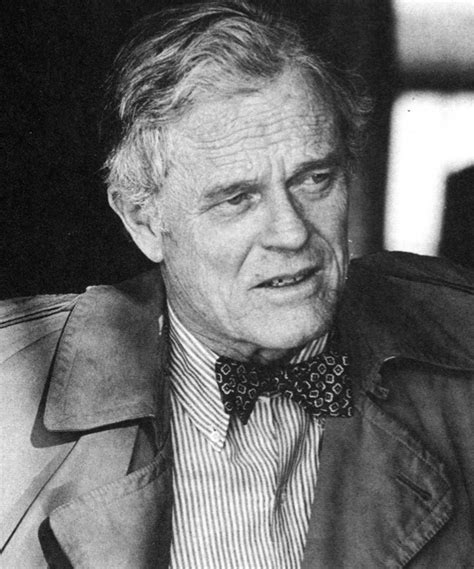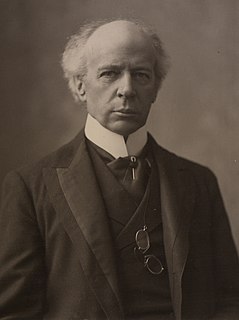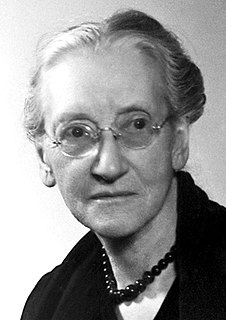A Quote by Christopher Dawson
Every society rests in the last resort on the recognition of common principles and common ideals, and if it makes no moral or spiritual appeal to the loyalty of its members, it must inevitably fall to pieces.
Related Quotes
The charge is often made against the intelligentsia and other members of the anointed that their theories and the policies based on them lack common sense. But the very commonness of common sense makes it unlikely to have any appeal to the anointed. How can they be wiser and nobler than everyone else while agreeing with everyone else?
The end of the Cold War removed the immediate causes of whole destruction but not the threat contained in our knowledge. We must tame this knowledge with the ideals of justice, caring, and compassion summoned from our common human spiritual and moral heritage, if we are to live in peace and serenity in the twenty-first century.
Men live in a community in virtue of the things which they have in common; and communication is the way in which they come to possess things in common. What they must have in common in order to form a community or society are aims, beliefs, aspirations, knowledge - a common understanding - likemindedness as the sociologists say.
We have a common enemy. We have this in common: We have a common oppressor, a common exploiter, and a common discriminator. But once we all realize that we have this common enemy, then we unite on the basis of what we have in common. And what we have foremost in common is that enemy - the white man. He's an enemy to all of us. I know some of you all think that some of them aren't enemies. Time will tell.
The Union has become not merely a physical union of states, but rather a spiritual union in common ideals of our people. Within it is room for every variety of opinion, every possible experiment in social progress. Out of such variety comes growth, but only if we preserve and maintain our spiritual solidarity.
When we call something unfair or indecent or unconscionable or evil, when we speak of mercy and pity and compassion, those words have meaning, regardless of our particular faith or moral philosophy. They appeal to common standards we all are expected to understand and accept, standards without which we could not live any common life at all.
We are here a nation, composed of the most heterogeneous elements-Protestants and Catholics, English, French, German, Irish, Scotch, every one, let it be remembered, with his traditions, with his prejudices. In each of these conflicting antagonistic elements, however, there is a common spot of patriotism, and the only true policy is that which reaches that common patriotism and makes it vibrate in all toward common ends and common aspirations.






































